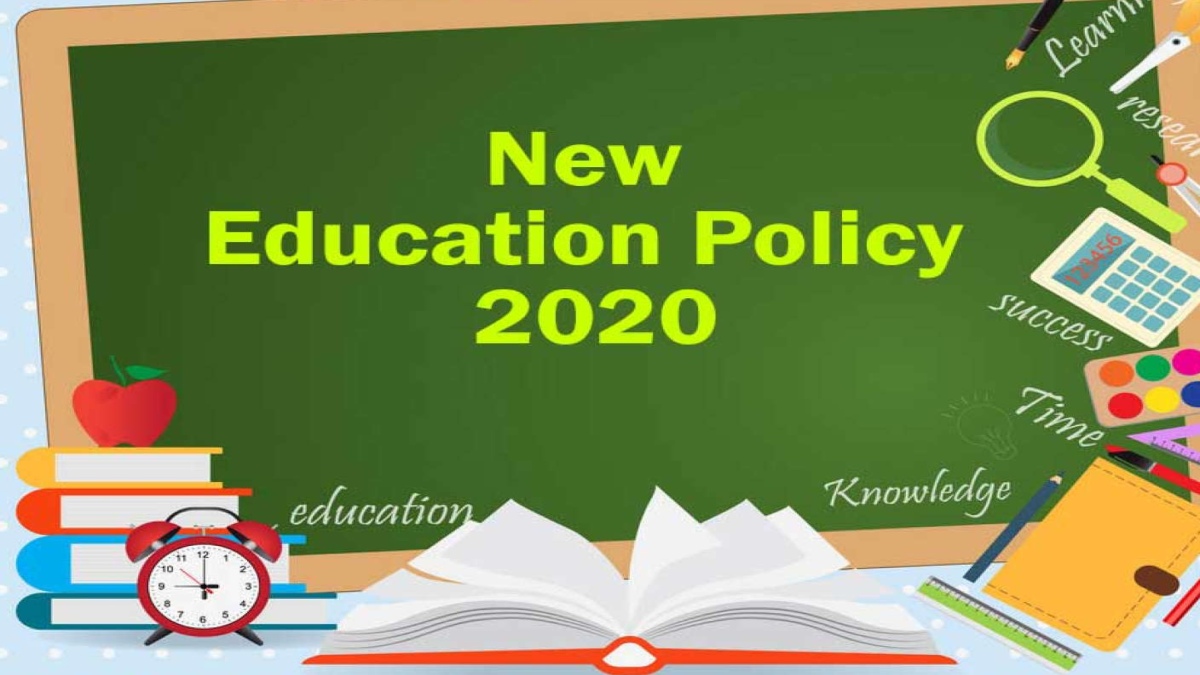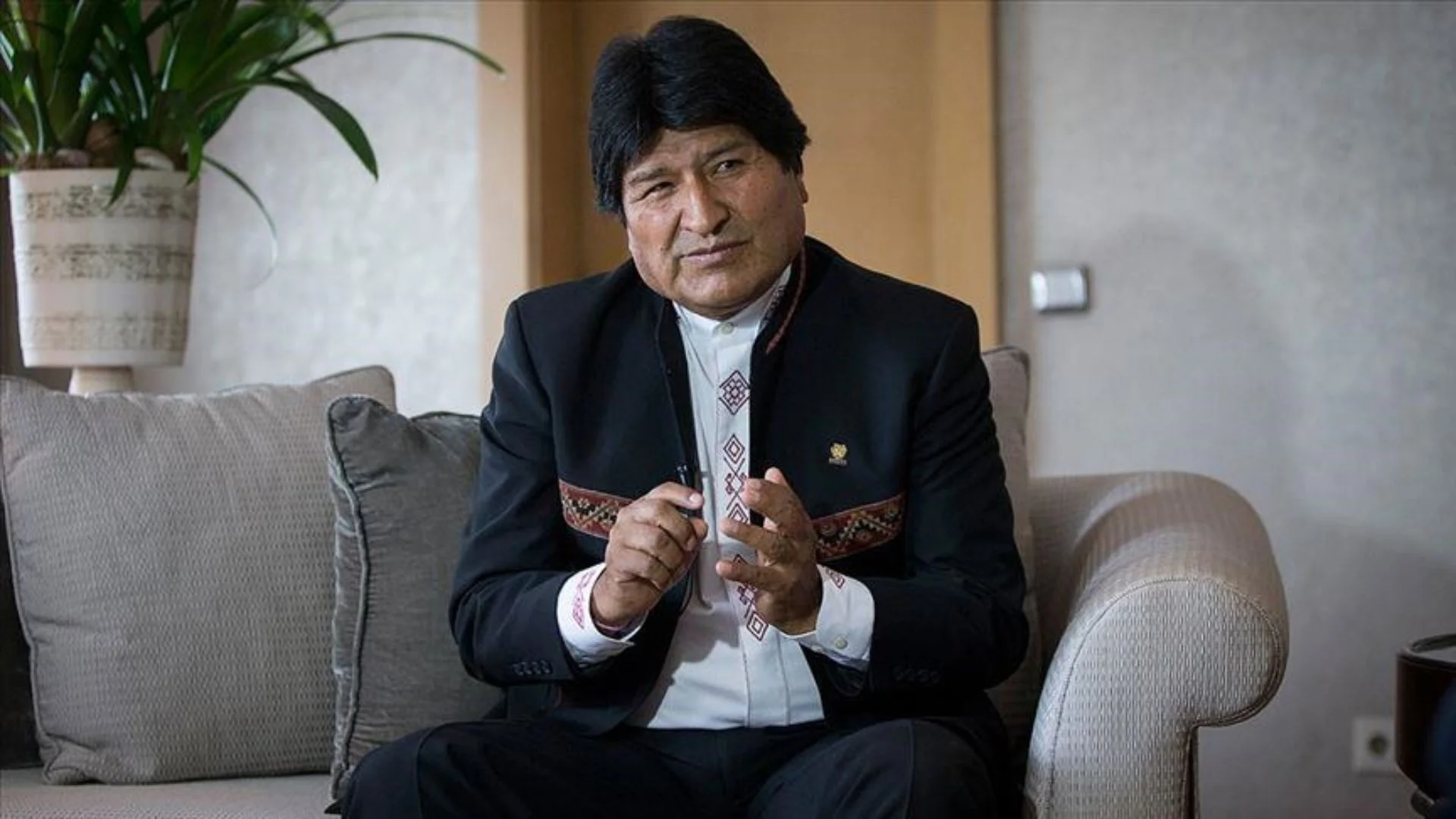National Education Policy 2020 was approved by union cabinet on 29th July 2020. This policy has arrived after the passage of a long period of 34 years, till then the educational policy 1986 was being followed around the nation. NEP 2020 aimed to transform India’s education system by 2040. Built on the foundational pillars of Access, Equity, Quality, Affordability and Accountability; it envisioned an India-centric education system that will lead the transformation of nation into a vibrant knowledge society. This policy also has a plan to raise the state expenditure from 3% to 6% of GDP as soon as possible. It also aimed at achieving 100% gross enrolment ratio in school education by the year 2030.
POSITIVE PERSPECTIVES
1) Emphasising the early childhood care and education it replaced the old 10+2 structure with a new 5+3+3+4 structurecorresponding to the age specific requirements of the children.
2) NEP 2020 proposed, setting up of a National Mission on Foundational Literacy and Numeracy by MHRD due to urgent and necessary prerequisite to achieve Foundational Literacy and Numeracy for all students till class 3 by the year 2025.
3) New and comprehensive curricula aiming at the holistic development of learners, reducing the content to improve the essential learning and critical thinking along with greater emphasis on experiential learning is focussed in this policy.
4) Keeping the needs of children in mind this policy emphasized on mother tongue/local language/regional language as medium of instruction till grade 5 and preferably even beyond that. Language imposition is not there. Foreign languages will be offered to the students at secondary level.
5) NEP 2020 emphasized on a regular and formative assessment which is more competency-based, tests critical thinking and conceptual clarity of the students.
6) Appropriate authorities will conduct the school examinations for grades 3, 5 and 8. The board exams for grades 10 and 12 will continue.
7) Equitable and inclusive education is also stressed in this new policy.
8) Recruitment of teachers will also undergo a substantial change. It is planned to be more transparent and the promotions will be merit based.
9) A holistic multidisciplinary education regarding higher education is also focused in this policy.
10) An Academic Bank of credit is to be established for digitally storing the academic credits earned from different Higher Education Institutions. So that these can be transferred and counted after completion of final degree.
POINTS OF CRITICISM
• The proposition that mother tongue should be the medium of instruction up to class 5, will make it difficult for the children to pick up other language as one grows older.
• Over emphasis on online teaching system as a large number of students do not have access to such technology and gadgets.
• The sharpest criticism of NEP 2020 is that it would lead to the privatisation of higher education, as it has changed the affiliation system and have proposed to grant autonomy to colleges after 15 years which will certainly open the doors to privatisation.
CONCLUSION
It is expected that NEP 2020 will bring a new revolution in the education system. It will prevent students from dropping out of education by providing flexibility. We all know that every proposal take some time to get in shape and may also have some drawbacks as nothing can be perfect. But considering all the perspectives in mind it can be said that this policy seems to have power of bringing the most awaited transformation in the history of education. So let’s welcome it with open hearts.























